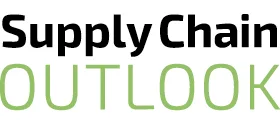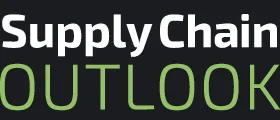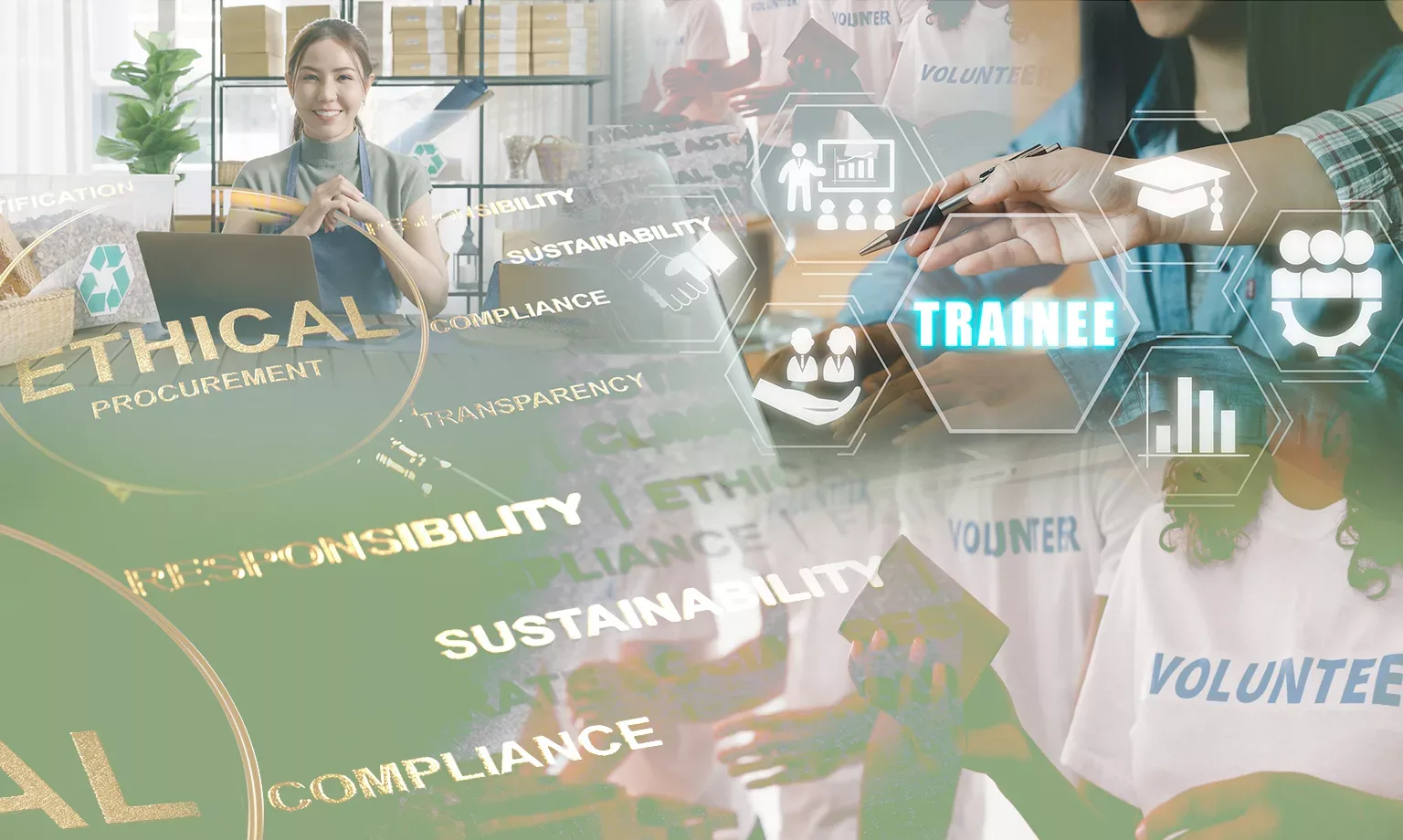Integrating social value throughout the supply chain should be standard practice for any responsible organisation. Guy Battle, CEO of Social Value Portal and co-Chair of the Sustainable Procurement Pledge, describes the evolution of social value and what a successful environmental social governance strategy looks like.
Corporate social responsibility (CSR) is under closer scrutiny than ever before, so it makes sense to ensure that organisations, and the businesses they procure from, are managing risks as well as thinking about moving beyond environmental, social, and governance (ESG) to social value creation.
Social value is the term used to describe the value an organisation creates for individuals, communities, and society as a whole and has become standard practice for the majority of businesses in the UK.
Examples of social value initiatives include designating staff time for volunteering, committing to sustainable procurement practices, offering apprenticeships and training programmes, buying and employing locally, and reducing carbon emissions.
On a global level, the UN’s Sustainable Development Goals (SDGs) provide a good proxy for social value.
In practice, the meaning of social value is likely to change from one job or project to the next, as different communities will have different needs. For example, seeking suppliers that can provide training for local people makes sense in areas where unemployment is high.
From the Public Services (Social Value) Act in 2012 to the new Procurement Act 2023, organisations across the public and private sectors have been gaining a wider understanding of the many and far-reaching benefits to be had from generating social value throughout the supply chain.
This is having a ripple effect on both a global and local level. Internationally, we are already starting to see countries such as the Republic of Ireland, Canada, and Australia moving towards embedding social value into procurement legislation.
The key to success lies in understanding the needs of a given community and developing a framework that caters for those needs. This will ensure that, together with suppliers, organisations can make a targeted and meaningful contribution.
Therefore, companies with extensive supply chains should be thinking about how they can unlock social value through their supplier relationships by channelling the spirit of the Social Value Act.
Of course, private sector organisations are not bound by the act (unless they are working directly with the public sector), but even so, they should consider how to embed value creation in their own procurement and supply chain management solutions.
There is a good business rationale for doing this, such as bettering customer relations, attracting and retaining high-quality people, increasing brand awareness, and reinforcing brand reputation.
The bottom line is that everyone stands to benefit from a company’s contribution to building a flourishing community. For example, the local workforce becomes more resilient, which in turn leads to a booming local economy that feeds back into the supply chain, thus forming a virtuous circle.
Broadly speaking, the bigger the company, the more scrutiny it comes under. Yet RepRisk, a due diligence database on ESG and business conduct risks, recently found that nearly one in three public companies linked to greenwashing are also associated with social washing.
Buyers have an integral role to play in guaranteeing that their organisation will be beyond reproach, simply by ensuring that suppliers are contractually bound to deliver on their social value commitments when bidding for the work.
By putting in place a system that ensures social value delivery, it will naturally become business as usual – and this stands to benefit every stakeholder on many levels.
MEASURING, TRACKING, AND REPORTING
The most effective way to capture and report social value performance is by using a robust measurement framework such as the Themes, Outcomes, and Measures (TOM) System™.
In the UK, it is endorsed by the Local Government Association that ensures procurement spend goes as far as possible, enabling buyers to track and measure social value from commitment to delivery. It is fully compatible with the UN SDGs and is already the UK’s most established and widely adopted method for recording and reporting social value in the supply chain.
Where profit is measured in standard accounting terms, social value is measured by actions, with a financial merit attributed to it. For instance, providing a job for someone who has been in long-term unemployment saves money for the UK government in benefit payments and provides income to the newly employed individual that will be spent in the local economy.
Furthermore, as a result of having an income, they are likely to be healthier for longer and therefore not become a burden for the NHS. Thus, all of these benefits can be valued.
The TOM System™ is fully transparent and the data is validated by a third party, which adds another layer of protection against accusations of greenwashing and social washing.
Demand for third party data validation and reporting is naturally expected to increase, with both suppliers and buyers relying more heavily on measurement frameworks to report on social value performance. After all, reporting inflated results has the potential to do significant harm to an organisation’s reputation.
Social Value Portal has created a resource for buyers that sets out what best practice looks like when embedding social value into procurement.























